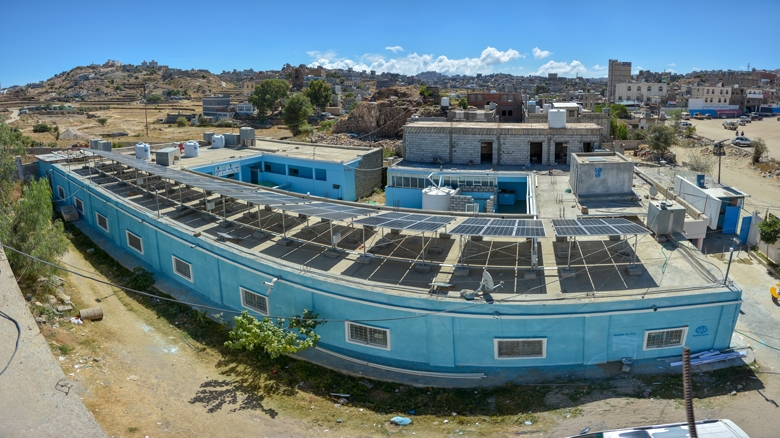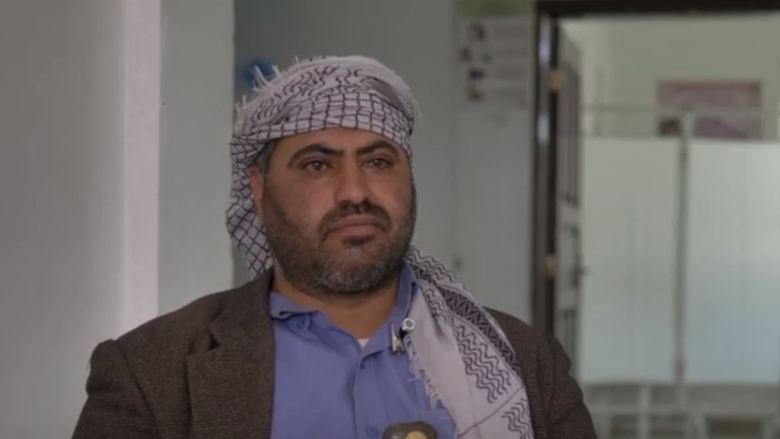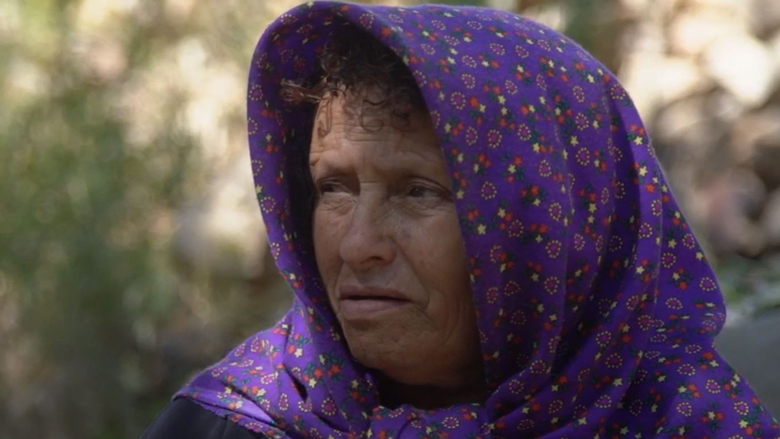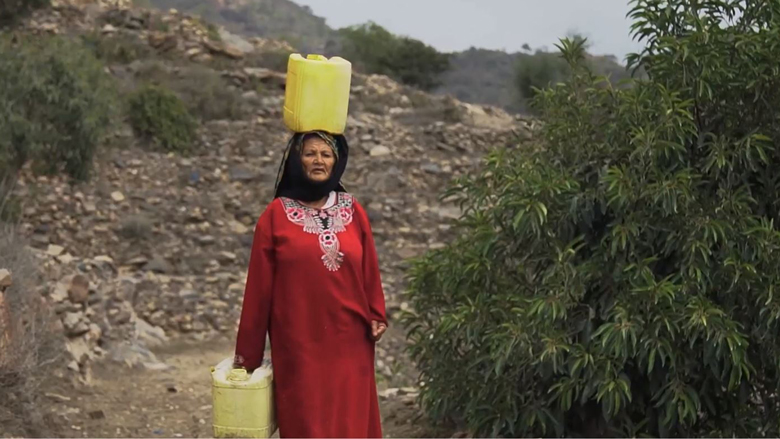The Yemen Emergency Electricity Access Project has worked across several of the country’s governorates and villages. We heard directly from the people on the ground about how, exactly, this project has changed their lives. Supported by the World Bank’s International Development Association (IDA) and the United Nations Office for Project Services (UNOPS), we went to different areas and villages to listen to the people whose voices matter most for World Bank projects.





